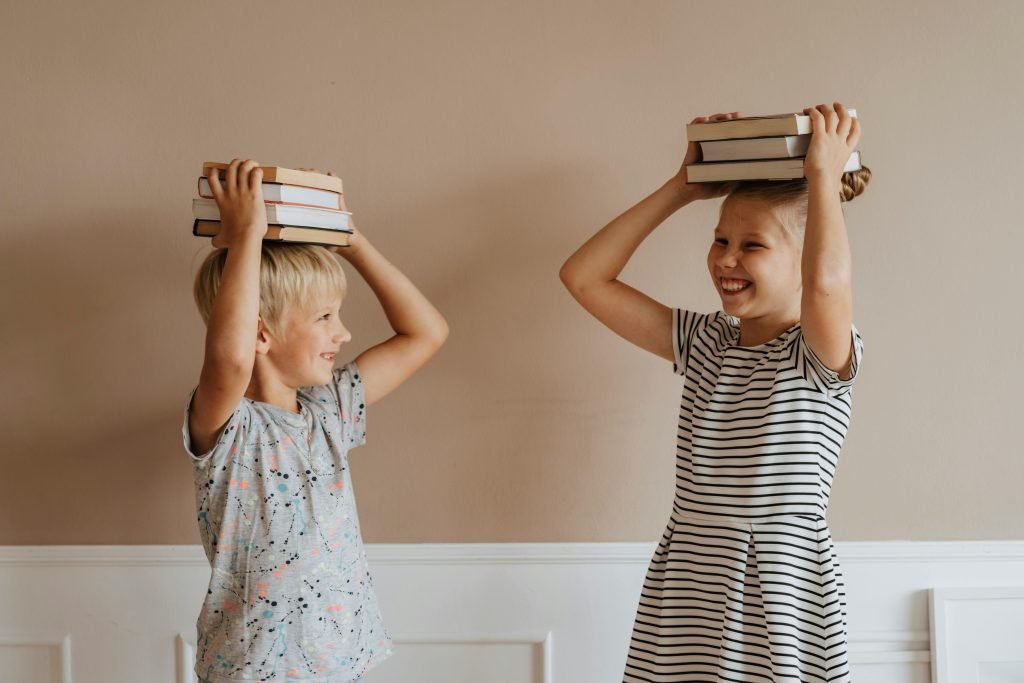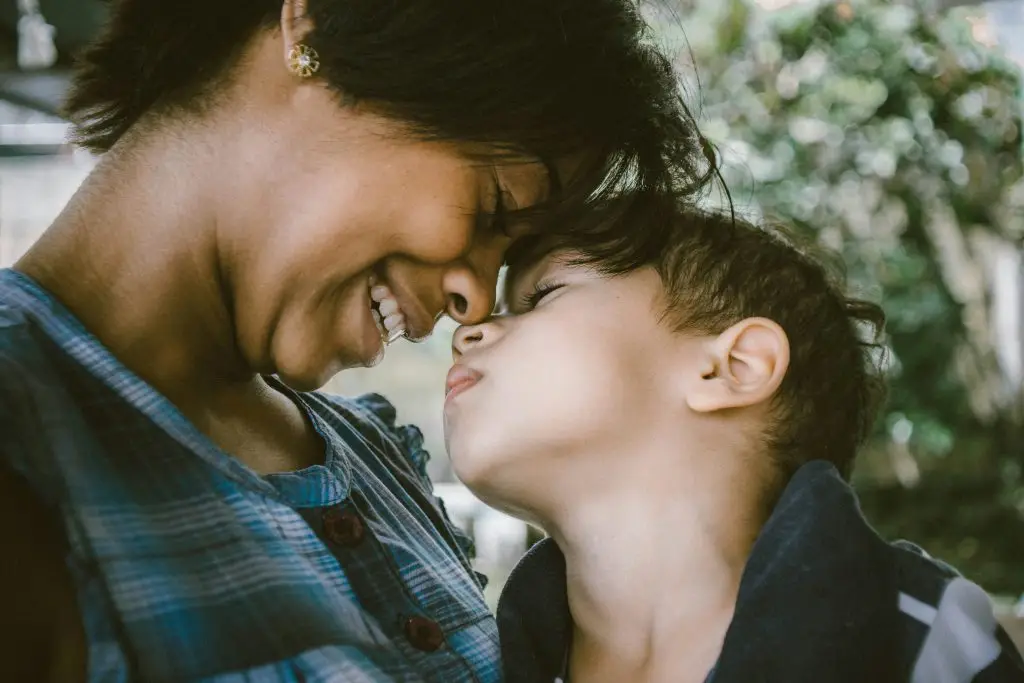Montessori education has long been hailed for its emphasis on child-led learning, fostering independence, creativity, and a love for learning. Central to the Montessori approach is the carefully curated resources that facilitate this journey of discovery and growth. In this ultimate guide, we delve into the world of Montessori materials, exploring their significance, types, and how they contribute to a holistic educational experience. Additionally, we’ll discuss the role of these resources in the digital age, how parents can incorporate these materials at home, their relevance in special needs education, and speculate on the future of Montessori materials.

Understanding Montessori Materials
These materials are designed to be interactive, engaging, and developmentally appropriate for children at various stages of learning. These materials serve as tools for exploration, encouraging hands-on discovery rather than passive instruction. Let’s explore some key categories:
Practical Life Materials
Practical life materials form the foundation of Montessori education, focusing on everyday activities and skills. From pouring and scooping to buttoning and tying, these materials promote independence, coordination, and concentration.
Sensorial Materials
Sensorial materials stimulate the senses and refine perception, laying the groundwork for cognitive development. Through activities like matching colors, grading shapes, and identifying textures, children enhance their ability to observe and categorize the world around them.
Language Materials
Language materials in Montessori education encompass a range of activities designed to develop literacy skills, phonetic awareness, and vocabulary. From sandpaper letters to movable alphabets, these materials offer hands-on experiences that foster reading and writing proficiency.
Mathematics Materials
Montessori mathematics materials introduce abstract concepts through concrete, manipulative tools. From the golden bead material for understanding place value to the bead frame for arithmetic operations, these materials provide a multisensory approach to mathematical exploration.
Cultural Materials
Cultural materials encompass subjects beyond the traditional academic domains, including geography, history, and the natural sciences. Through maps, timelines, and specimens, children develop an appreciation for the world’s diversity and interconnectedness.
Art and Music Materials
Art and music materials in Montessori education promote creative expression and aesthetic appreciation. From paintbrushes and musical instruments to clay and collage materials, these resources encourage exploration and experimentation in the arts.
Outdoor and Nature Materials
Outdoor and nature materials offer opportunities for exploration, discovery, and connection with the natural world. From gardening tools to nature specimens, these materials inspire curiosity, observation, and environmental stewardship.
Montessori Materials in the Digital Age
With the advancement of technology, Montessori education has also evolved to incorporate digital materials. These digital resources, including interactive apps, educational websites, and virtual manipulatives, offer new opportunities for learning while staying true to the principles of hands-on exploration and self-directed discovery. While traditional Montessori materials remain foundational, digital resources can complement and enhance the learning experience, providing additional avenues for engagement and skill development.
Incorporating Montessori Education at Home
Many parents are eager to incorporate Montessori principles and materials into their home environments to support their child’s learning and development. Creating a Montessori-inspired home environment involves thoughtful planning and preparation. Parents can start by observing their child’s interests and abilities, then selecting materials that align with their developmental stage and learning goals. From setting up a cozy reading nook with age-appropriate books to organizing a nature-inspired art corner with natural materials like shells and pinecones, there are endless possibilities for creating a stimulating and nurturing environment at home.
Special Needs Education
One of the hallmarks of Montessori education is its inclusive approach, which values each child as a unique individual with distinct strengths and challenges. Montessori materials can be particularly beneficial for children with special needs, offering opportunities for personalized learning and skill development. Whether adapting materials to accommodate sensory sensitivities or providing additional support for fine motor skills, Montessori educators are skilled at creating an inclusive learning environment where every child can thrive.
The Role of the Montessori Educator
Central to the success of Montessori education is the role of the educator, who serves as a guide, facilitator, and observer in the classroom. Montessori educators undergo specialized training to understand child development, the philosophy, and how to effectively implement materials and activities in the classroom. By fostering a nurturing and supportive environment, Montessori educators empower children to take ownership of their learning journey and discover their full potential.
The Future of Educational Resources
As education continues to evolve, so too will Montessori materials. With a growing emphasis on STEM (science, technology, engineering, and mathematics) education, there is increasing interest in developing Montessori-inspired materials that align with these fields. From robotics kits to coding games, the future of Montessori materials promises to be innovative and dynamic, equipping children with the skills and knowledge they need to thrive in an ever-changing world.
In this extended guide to Montessori materials, we’ve explored the rich tapestry of resources that underpin Montessori education. From practical life to digital resources, we’ve delved into the diverse array of materials that foster independence, creativity, and a love for learning. Whether in the classroom or at home, Montessori materials play a vital role in shaping the educational experiences of children around the world. As we look to the future, the principles of Montessori education remain as relevant and impactful as ever, offering a time-tested approach to nurturing the next generation of lifelong learners.


